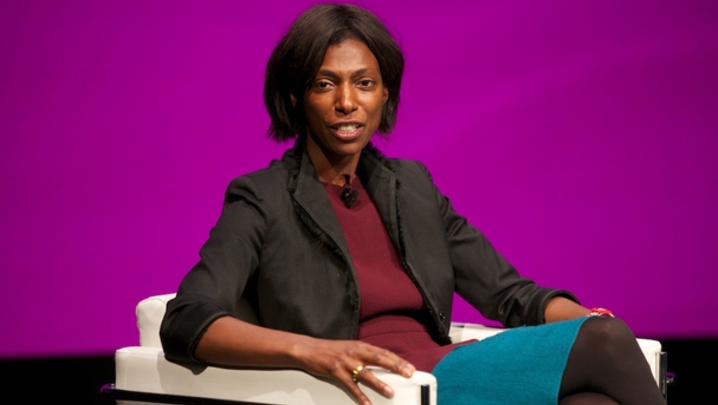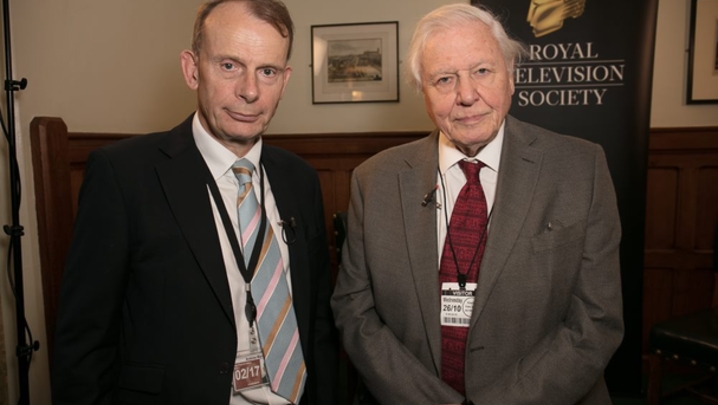Apparently, I've not contributed a diary since 2010. Perhaps I only get invited in election years. In May 2010, I was also asked to review the different channels' election coverage by The Guardian.
On that occasion, I called it decisively for Sky News. ITN was fine but less dramatic. And the BBC, with its ship-of-fools party and an over-academic Vernon Bogdanor and a swingometer that couldn't cope with a three-way race and, and, and...
This time, I felt it was a dead heat. The BBC was extraordinarily better, ITV benefited from the considerable talents of Tom Bradby and Sky continued its excellent, Bloomberg-style blitzkrieg of statistics.
All, of course, profited from their joint exit poll, which was dramatic and accurate, and they had the guts to go with it (full disclosure: I was on the ship of fools... but not for long).
To the second board meeting of the Creative Industries Federation, as an observer. Around the table are a movie mogul, a leading publisher, chairs of arts institutions, the BBC Director-General and a design guru, among others.
It's very exciting that this new organisation, intended as a CBI for the creative industries, is now up and running.
I'm not sure whether observers are allowed to have opinions, but I suggest we should urge the new Government to adopt policies to double the size of the fast-growing creative sector.
Super-fast broadband, better arts education, backing the BBC as a beneficial market intervention... all eminently possible (further disclosure: I was one of a group of arts/media folk who helped start CIF).
Talking of the BBC (and, let's be honest, we teletubbies talk about little else), when you strip away all the excitement generated in right-wing newspapers, only two real issues remain around Charter renewal. And neither of them concerns whether the Charter will be renewed. That is a given.
The first is the level the licence fee gets set at. The second is what its new regulation will look like.
Rona Fairhead has said that the Trust's days are numbered (though not in her RTS interview – I blame the host of the event). This is, clearly, a choice between Ofcom and Ofbeeb.
The former doesn't really want it but the latter seems overcomplicated. Whichever emerges, it could be charged with producing a "white paper" within two years, proposing the right funding mechanism for the next time around.
Though we've said this for some time, surely the licence fee will need to be rethought. So let's do the thinking (another disclosure: I was the one interviewing Rona).
To their credit, television organisations are trying hard to respond to Lenny Henry's impassioned provocation about our diversity. One of the most important challenges? To recruit new drama writers from every background and community. Television drama – from the soaps to the BBC's
Shakespeare productions – are the most vivid manifestation of our different cultures and our national conversation.
Good that ITV has Original Voices to bring fresh talent into its soaps. And encouraging that the BBC has its Writersroom seeking out BAME (black, Asian and minority ethnic) entrants to our industry.
We should also be putting more resources into the likes of the National Film and Television School and The London Film School to help them identify the widest possible field of creative talent (double disclosure: I'm on the ITV Board and was a member of the NFTS's).
Abroad for a week, I notice a piece about an Ofcom report in my Kindle edition of the FT. Apparently, 70% of five- to 15-year-olds have access to a tablet and one in 10 toddlers has their own.
We know that, with the exception of live programming, the under-25s are increasingly schedule avoiders. But how will this new, mobile-addicted generation consume our shows as they grow up? They'll still love our stuff, but when and where they want it.
Welcome to the VoD world, my friends (final disclosure: I'm typing this on an iPad).
Sir Peter Bazalgette is President of the RTS and Chair of Arts Council England.




